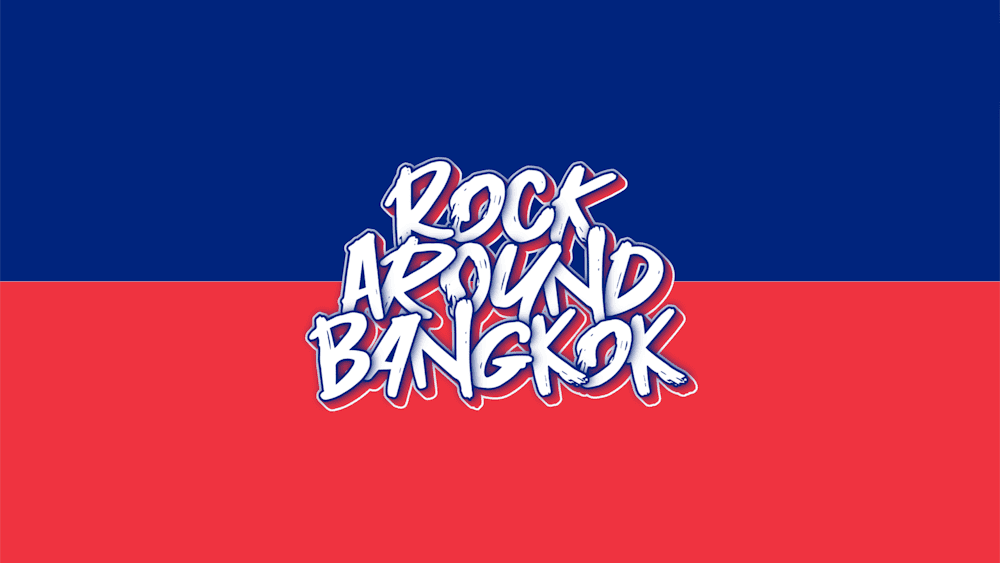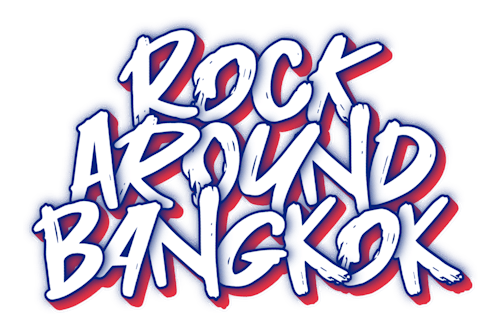Bangkok’s Mass Rapid Transit (MRT) system is a modern, efficient underground train network that complements the BTS Skytrain. It provides fast and convenient access to major areas in Bangkok, including business districts, tourist landmarks, shopping malls, and residential zones.



Who is in charge of the MRT?
The MRT (Mass Rapid Transit) system in Bangkok is managed by multiple entities:
- Mass Rapid Transit Authority of Thailand (MRTA) – A government agency overseeing the development and expansion of Bangkok’s metro system.
- Bangkok Expressway and Metro Public Company Limited (BEM) – The private company that operates the MRT Blue Line and MRT Purple Line.
- State Railway of Thailand (SRT) – Responsible for some suburban and future MRT lines.
This system operates under a public-private partnership between MRTA and private companies like BEM.
How does the MRT work?
The MRT operates as a modern underground train system with two main lines and several expansions:
MRT Blue Line (Dark Blue):
- The primary circular metro line in Bangkok.
- Connects central Bangkok, Chinatown, Rattanakosin (Old Bangkok), Sukhumvit, and Ratchadaphisek.
- Interchanges with:
- BTS Sukhumvit Line at Sukhumvit (Asok), Mo Chit (Chatuchak Park), and Bang Wa
- BTS Silom Line at Silom (Sala Daeng)
- Airport Rail Link at Phetchaburi (Makkasan)
MRT Purple Line (Light Purple):
- Runs north of Bangkok, connecting Nonthaburi to the Blue Line at Tao Poon
- Mainly serves suburban commuters
Future Lines:
- MRT Yellow Line (Lad Phrao – Samrong, Monorail) – Elevated metro connecting east Bangkok.
- MRT Pink Line (Khae Rai – Min Buri, Monorail) – Serves northern Bangkok.
- MRT Orange Line (Thailand Cultural Centre – Min Buri, Underground) – Will connect to the Blue Line.
MRT Ticketing System and Fares
Multiple ticketing options when using the MRT:
Single Journey Token:
- Small plastic tokens are used for single rides
- Purchased from ticket vending machines
- Fare: 16–50 THB, depending on distance
MRT Stored Value Card
- Works like the Rabbit Card, but only for MRT
- Rechargeable and ideal for frequent travellers
One-Day Pass
- Unlimited rides for 120 THB
Monthly and Student Passes
- Discounts for daily commuters and students
The MRT and BTS use separate ticketing systems, meaning a Rabbit Card from BTS cannot be used on MRT (except for some interchanges).
Common Challenges and Tips
Peak Hour Crowds:
- 7:00–9:00 AM and 5:00–7:30 PM
Different Ticketing Systems:
- MRT and BTS tickets are separate, so plan accordingly.
Future upgrades may allow a unified smart card.
Limited Operating Hours:
- 6:00 AM – midnight
- No service in the early morning hours
Others:
- Some Areas Still Lack MRT Access
- While expanding, the MRT does not yet fully cover Old Bangkok (Rattanakosin)
Alternative options:
- Boats, buses, or taxis
The Future of Bangkok’s MRT Network
- More MRT Expansions (MRT will extend into more suburban areas)
- Smart Ticketing Integration: Bangkok plans to launch a unified card system for MRT, BTS, and buses
- Eco-Friendly Initiatives: More energy-efficient trains and sustainable transport solutions
